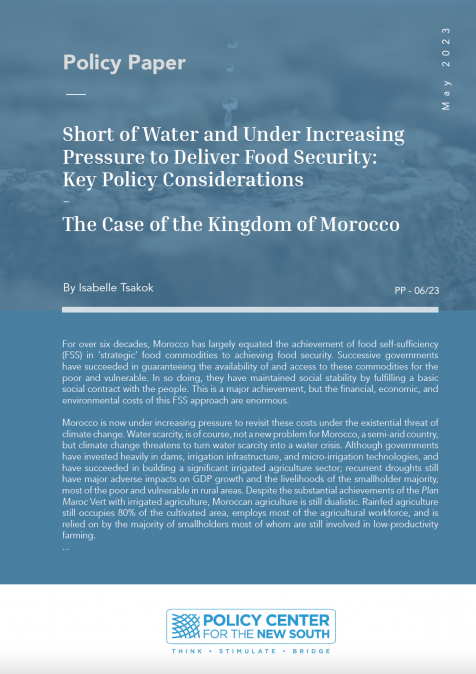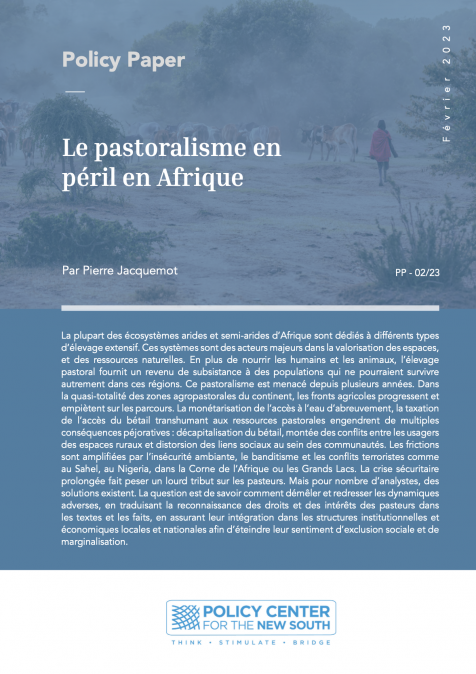Podcasts
Renewable Energy: Costs and Investments in the Atlantic
13
October
2016
Related topics:
This podcast is performed by Kristine Berzina. The EU has prided itself on being a leader on renewable energy and climate change policy, but it is quickly losing that status. Disparate policy making me slow political processes has made the EU much later to ratify the Paris Agreement than China, India, and the United States. Why is Europe losing its seat at the head of climate and renewable energy efforts? Which countries in the Atlantic Basin have taken over the momentum? What is the role for partnership?








